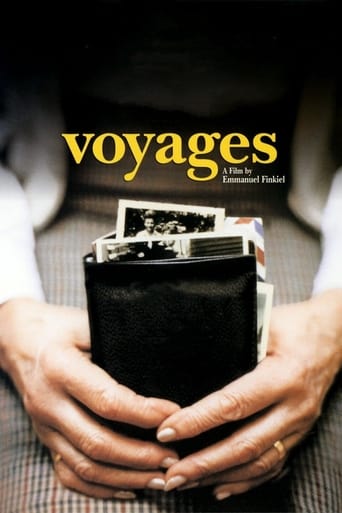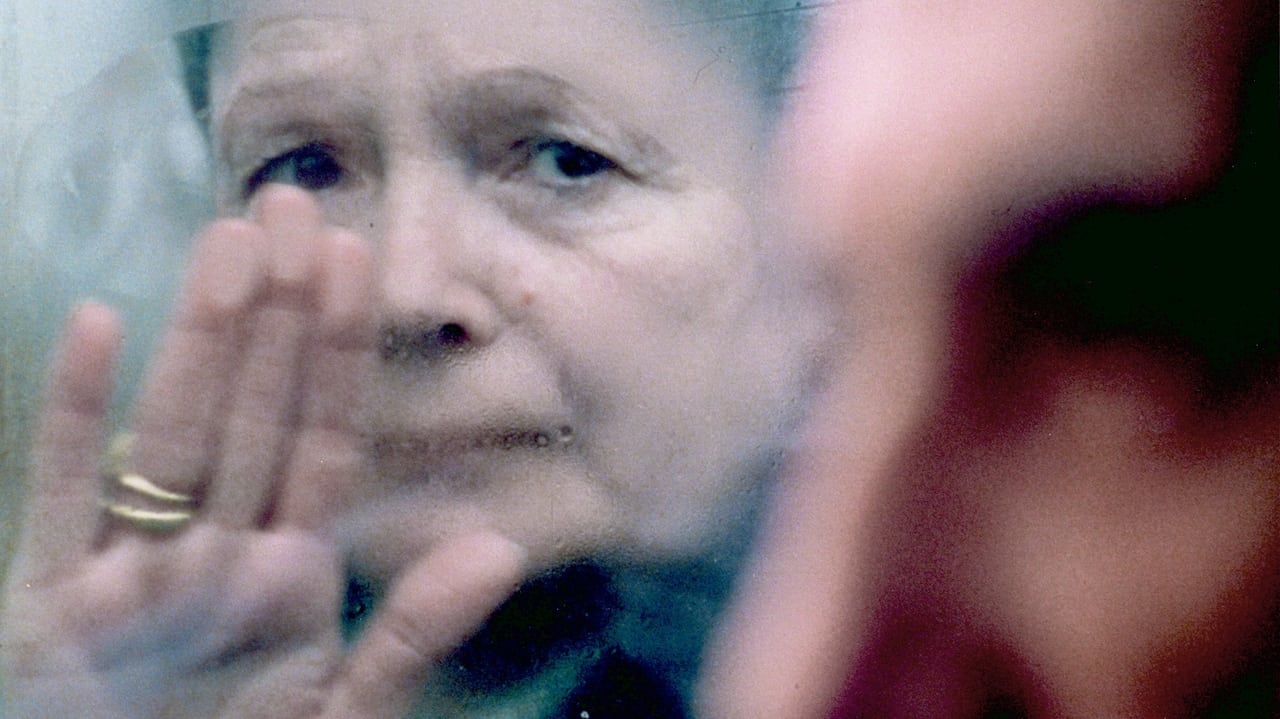Sinnerman
European films are more daring in challenging the "promised land". Voyages presented a intriguingly woven tapestry, showcasing a cross section of the Jewish diaspora, most of them trying to come to terms with their holocaust-afflicted past. Some were curious to see Auschwitz one last time (and wouldn't mind jumping onto a tour bus and heading down that same funereal path). Some were simply trying to find the loved ones they lost. The older ones shown varying degrees of accepting their painful experiences while the younger ones seemed forced by their elders to confront and perpetuate this seemingly irreconciliable history. This film also obliterated the myth of the promised land. It shows a modern Israel where Yiddish is no longer a common language (as a result of mass immigration?) Most importantly, by focusing on elderly characters who have survived the traumas of WWII and endured a heavily "burdened" life, this film shed light on the differences in perspectives one may gain with age. Unlike high profile types like Natalie Portman, who reportedly declared she too would wanna move over to Israel as "a show of solidarity", the old woman in the end of this film just didn't see it that way. Without political intents, she just wanted to find a long lost cousin. That her fate in this "foreign" land turned out to be an uncertainty further punctuates the "point" of this film. Voyages attempted to convey to us that there is no such thing as a "promised land". Most importantly, the Holocaust, however painful it had been, should be put behind us. Whatever short time we have left (or will have, depending on our age) might be better spent regaining or sustaining the love we have for those whom we really care for. However painful one's past might have been, one should best reconcile with such entangled chains and try to live the rest of one's life simply (without clinging onto too many "false" hopes - as the old woman in the last segment came to realize.)While American Jews like Portman and Spielberg are politicising the grand aims of Israel or the intensive documentation of Holocaust survivors (both with questionable political agenda), this courageous film appealed for all to "let go" of their past wounds and present dogma and live the rest of our lives without baggages. Yesterday, you were sandwiched on a train to a concentration camp. Today, you took a tour bus down that same path for commemoration. Tomorrow, you may just be staring into a piece of wooden plywood, six feet under. Most important thing before tomorrow, is hence to just live for today. This film exudes profound goodness. I love it.
davisivor
A good idea, poorly executed by a novice director. Would have benefited enormously from some skilled editing and focus. Nice idea but tedious and yet probably worth seeing just for the performance of the brilliant Yiddish actress who plays the Russian emigre to Israel in search of her long lost cousin.
julie-117
A beautiful, slow, careful movie which prefers complicated situations to cliches, and offers us nuances rather than the more typical hammer-over-the-head. Don't expect any Hollywood razzle dazzle - this is European in the best way: quiet, small, and focused. A perplexing and puzzling story which asks us to consider memory as a riddle. Beautiful, beautiful movie.
lexm4
According to one of the review, the director used to be assitant director to one of Kieslowski's film. Being a fan to Kieslowski's film, I could see the influence of story construction and telling on this film.The film is about three women, somewhat related, mostly because all the women in these stories lived in Paris before WWII. It's different from most films is that there is no urgent mission to be accomplished, or grand political/cultural statement to be made, in another word, no heros or villians. Rather, it's like looking at passing of time for people 50 years after WWII, who happens to be Holocust survivors.When their life intersect, there is a mysticism (like from Kieslowski's "Double life of Veroniqe") that make me speculate, are they long lost relatives to each other? Of course, the answer is not important, rather, the raising of the question is enough to let you feel the impact of history on these survivors.The acting is minimalistic, but it's very effective. It has an air of wistfulness and timelessness to it. Not for everyone, but good for me.


 AD
AD
